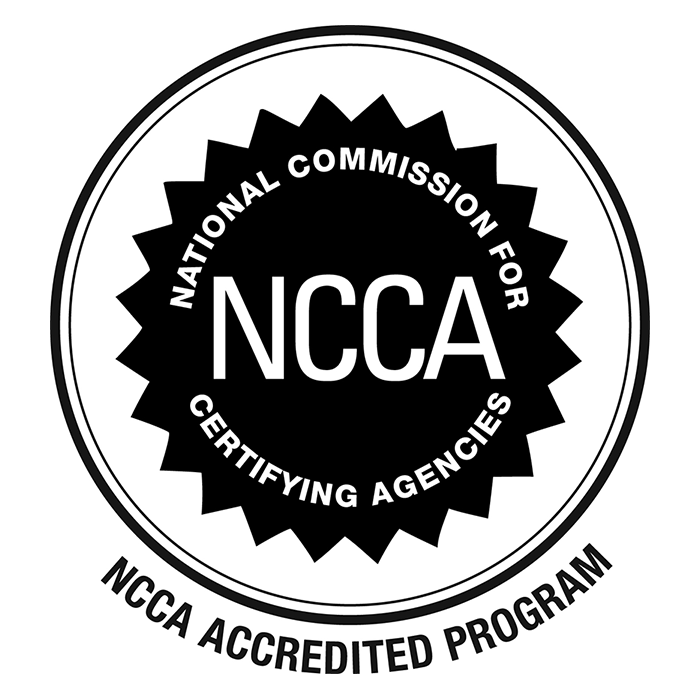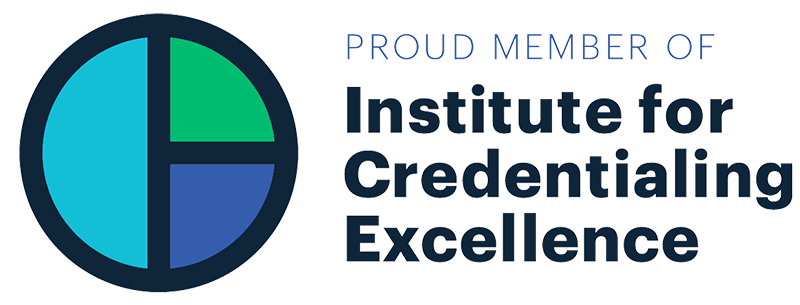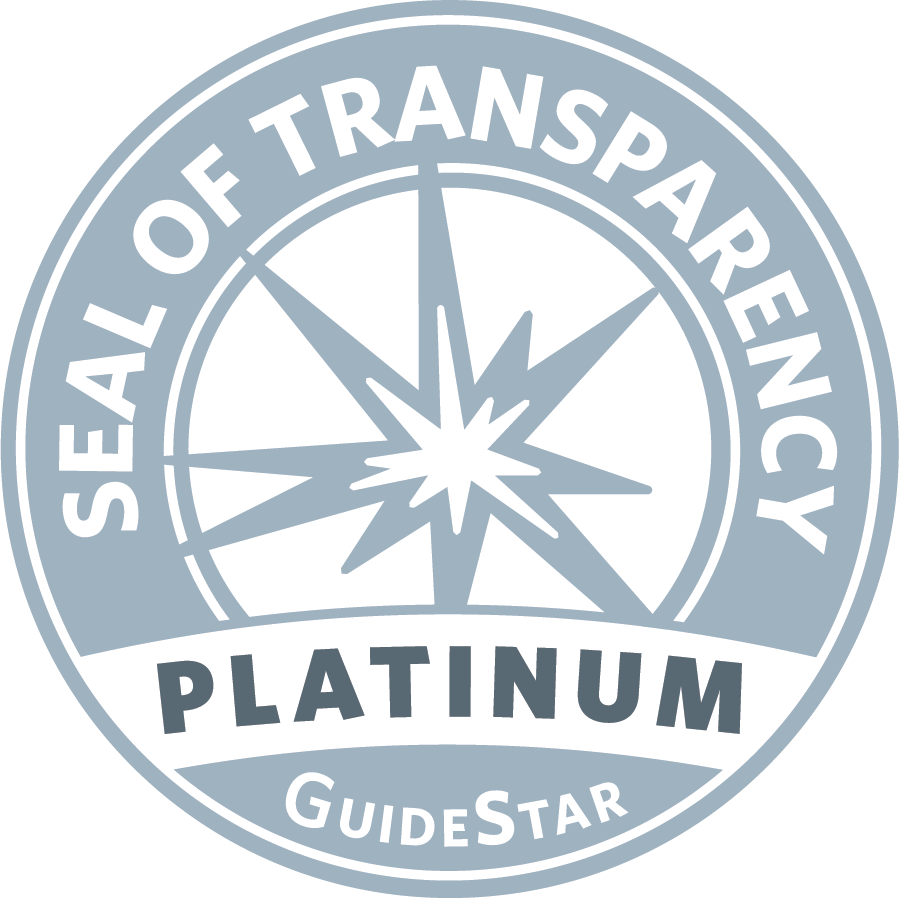Examination Content Outline (Effective on January 1, 2021)
The following table identifies the proportion of questions from each domain that will appear on the examination. These percentages are used to determine the number of questions related to each domain that should appear on the multiple-choice format examination.
The examination for board certification in medication therapy management (MTM) addresses the following subject matter. Candidates are required to demonstrate proficiency by answering examination questions that evaluate their knowledge of facts, concepts, and processes required to complete the tasks described below.
DOMAIN ONE
Defining Medication Therapy Management and Translating Medication Therapy Management into Practice (13%)
- TASK 1: Develop, plan, and implement MTM services
- Apply Core Elements of the AphA/NACDS MTM service model in pharmacy practice
- Knowledge of
- Medication Therapy Review (MTR) which includes Comprehensive Medication Review (CMR) and Targeted Medication Review (TMRs)
- Personal Medication Record (PMR)
- Medication-Related Action Plan (MAP)
- Intervention and/or referral
- Documentation and follow-up
- Knowledge of
- Differentiate MTM from other Medication Management Services
- Knowledge of
- Comprehensive Medication Management (CMM)
- Chronic Care Management (e.g. Chronic Care Disease Management Review [CCDMR])
- Knowledge of
- Apply Core Elements of the AphA/NACDS MTM service model in pharmacy practice
- TASK 2: Evaluate basic Medicare provisions with MTM
- Determine CMS guidelines and Medicare Part D criteria for enrollment in MTM services
- Knowledge of
- Management Program Guidance and Submission Instructions
- Differences between Medicare Part A, B, C, and D
- Other supplemental plans
- Knowledge of
- Determine CMS guidelines and Medicare Part D criteria for enrollment in MTM services
- TASK 3: Apply MTM in an evolving healthcare system
- Differentiate models and approaches of MTM in practice settings
- Knowledge of
- Hybrid MTM-DM
- Care Teams
- Required Collaboration
- Multi-Mode, Comprehensive MTM
- In-house versus contracted vendors
- Out-of-pocket
- Enhanced MTM
- Remote Patient Monitoring (RPM)
- Local community pharmacy (e.g. OutcomesMTM)
- Knowledge of
- Improve health outcomes (e.g. HEDIS measures, Medicare star ratings)
- Knowledge of
- HEDIS measures (e.g. gaps in care, screening, adherence, BMI)
- Medicare star ratings including impact on health plans (e.g. readmission rates)
- Knowledge of
- Differentiate models and approaches of MTM in practice settings
- TASK 4: Evaluate and Incorporate literature into clinical decision making
- Evaluate and interpret elements of clinical trial design
- Knowledge of
- Basics of biostatistics (e.g. variables, null hypothesis, p-value)
- Clinical trial designs (e.g. double blind)
- Knowledge of
- Assess statistical methods and analyze data presented in clinical trials
- Knowledge of
- Black box warning
- Statistical significance
- Superiority and inferiority trials
- Post marketing surveillance data
- Knowledge of
- Evaluate and interpret elements of clinical trial design
DOMAIN TWO
Pharmacotherapy (62%)
- TASK 1: Manage cardiovascular conditions (e.g. counseling, evaluation, medication reconciliation)
- Knowledge of
- Hypertension
- Heart failure
- Ischemic heart disease
- Arrhythmias
- Venous thromboembolism
- Stroke
- Dyslipidemia
- Peripheral arterial disease
- Anticoagulation
- Cardiovascular testing
- Other conditions
- Knowledge of
- TASK 2: Manage pulmonary conditions (e.g. counseling, evaluation, medication reconciliation)
- Knowledge of
- Chronic Obstructive Pulmonary Disease (COPD)
- Asthma
- Pulmonary Hypertension
- Knowledge of
- TASK 3: Manage endocrine conditions (e.g. counseling, evaluation, medication reconciliation)
- Knowledge of
- Diabetes mellitus
- Thyroid disorders
- Adrenal disorders
- Hormone replacement therapy
- Nutrition and diet management
- Knowledge of
- TASK 4: Manage common gastrointestinal conditions (e.g. counseling, evaluation, medication reconciliation)
- Knowledge of
- Gastroesophageal Reflux Disease (GERD)
- Peptic Ulcer Disease (PUD)
- Inflammatory Bowel Disease (IBD)
- Hepatitis diseases
- Cirrhosis
- Knowledge of
- TASK 5: Manage common urologic conditions (e.g. counseling, evaluation, medication reconciliation)
- Knowledge of
- Erectile dysfunction
- Benign prostatic hyperplasia
- Urinary incontinence
- Knowledge of
- TASK 6: Manage common behavior disorders (e.g. counseling, evaluation, medication reconciliation)
- Knowledge of
- Major depressive disorder
- Bipolar disorder
- General anxiety
- Insomnia
- Eating disorders
- Schizophrenia
- Addictions (e.g. substance abuse, smoking)
- Knowledge of
- TASK 7: Manage bone and joint diseases (e.g. counseling, evaluation, medication reconciliation)
- Knowledge of
- Osteopenia and osteoporosis
- Rheumatoid and osteoarthritis
- Gout
- Knowledge of
- TASK 8: Manage obstetrics and gynecologic health (e.g. counseling, evaluation, medication reconciliation)
- Knowledge of
- Post-Menopausal management
- Birth control and contraceptives
- Prenatal care and pregnancy
- Other conditions
- Knowledge of
- TASK 9: Manage common neurological disorders (e.g. counseling, evaluation, medication reconciliation)
- Knowledge of
- Alzheimer’s disease
- Various types of dementia
- Epilepsy
- Parkinson’s disease
- Knowledge of
- TASK 10: Manage pain disorder (e.g. counseling, evaluation, medication reconciliation)
- Knowledge of
- Chronic pain
- Peripheral neuropathy
- Knowledge of
- TASK 11: Manage infectious disease (e.g. counseling, evaluation, medication reconciliation)
- Knowledge of
- Human Immunodeficiency Virus and AIDS
- Viral hepatitis
- Urinary tract infection
- Knowledge of
- TASK 12: Manage autoimmune diseases (e.g. counseling, evaluation, medication reconciliation)
- Knowledge of
- Drug allergy
- Psoriasis
- Knowledge of
- TASK 13: Manage use of herbals, over-the-counter, and dietary supplements (e.g. counseling, evaluation, medication reconciliation)
- Knowledge of supplements for anemic disorders
- TASK 14: Manage drug interactions, polypharmacy and overprescribing
- Knowledge of
- Types of drug interactions (e.g. drug-drug, drug disease, drug-food)
- Doctor and pharmacy shopping
- Knowledge of
- TASK 15: Manage other chronic conditions, diseases, disorders (e.g. counseling, evaluation, medication reconciliation)
- Knowledge of
- Transplant
- Chronic Kidney diseases
- Pediatrics
- Geriatrics
- Ophthalmic disorders
- Dermatological disorders
- Oncologic disorders specific to side effect management, screening, testing, and adherence
- Immunization recommendations
- Knowledge of
-
DOMAIN THREE
Fundamentals of Pharmacogenomics (5%)- TASK 1: Apply fundamentals of pharmacogenomics
- Apply the fundamentals of pharmacogenomics related to the impact on therapeutic outcomes
- Knowledge of
- Biomarkers
- Genetic polymorphisms (e.g. CYPD enzyme, ultra rapid, intermediate, and poor metabolizers)
- Knowledge of
- Identify qualified candidates for pharmacogenomics services
- Knowledge of
- Adverse drug reaction
- Family history
- Therapeutic failures (e.g. ceiling effect)
- Knowledge of
- Incorporate the test results into the patients’ medication review
- Knowledge of
- Gene related diseases
- Genetic testing and techniques (e.g. Genesight ®, NeoGeonomics ®, Genelex ®, Polymerase Chain Reaction [PCR])
- Pharmacogenomics guidelines (e.g., Guidelines from the Clinical Pharmacogenetics Implementation Consortium)
- Knowledge of
- Comply with the legal ethical aspects of pharmacogenomics
- Knowledge of
- Genetic Information Nondiscrimination Act (GINA) (Public Law 110-233)
- HIPPA and HIPAA Electronic Protected Health Information (ePHI)
- CLIA certification guidelines
- Ethical, Legal, Social, Implications program (ELSI)
- APhA Foundation on Pharmacogenomics Ethical References
- Knowledge of
- Apply the fundamentals of pharmacogenomics related to the impact on therapeutic outcomes
- TASK 2: Apply pharmacogenomics to chronic and acute conditions
- Asthma
- Hematology and oncology
- Cardiovascular
- Diabetes
- Infectious diseases
- HIV/AIDS
- Psychiatry
- Toxicogenomics
- Pain management
- Other conditions
DOMAIN FOUR
Patient Care Advocacy (13%)- TASK 1: Optimize patient’s adherence and reduce barriers to pharmacotherapy care
- Examine the patient’s comprehensive profile (e.g. medical and prescription history, socioeconomic state)
- Knowledge of
- Discrepancies and inaccuracies that can occur during a comprehensive medication review or targeted medication review
- Extraction of information
- Patient’s concerns of medication history
- Sources of medication (e.g. country, organization)
- Knowledge of
- Implement approaches for assessing patient’s adherence (e.g., Motivation interviewing)
- Knowledge of
- Teach back method
- Reminders/apps
- Utilization of fill history (e.g. PDMP)
- Screening, Brief, Intervention, and Referral to Treatment (SBIRT)
- Synchronization of maintenance medication
- 90-day delivery options
- Urine drug screening and naltrexone utilization
- Administration methods (e.g., correct use of inhalers)
- Storage (e.g., inhalers, eye drops)
- Alternate routes of drug delivery to optimize adherence
- Knowledge of
- Assess potential barriers to pharmacotherapy care
- Knowledge of
- Cultural competency related to the impact of patient care (e.g., language barriers)
- Pharmacoeconomic and socioeconomic implications for the patient
- Patient assistance programs (e.g., low income subsidy [LIS] programs, drug manufacture patient assistance programs)
- Patient education (e.g., misinterpreted medical information, empowerment)
- Other barriers (e.g., emotional and mental readiness)
- Knowledge of
- Examine the patient’s comprehensive profile (e.g. medical and prescription history, socioeconomic state)
- TASK 2: Manage individualized recommendations
- Apply humanistic factors when developing MTM plan of action (e.g., patient’s level of understanding, health literacy)
- Knowledge of
- Communication to individual caring for patient/patient representative
- End of life decisions (e.g., power of attorney)
- Difficult topics (e.g., weight management, sexual education, drug addiction)
- Techniques aligned with patient’s health literacy level (e.g., Single Item Literacy Screener [SILS])
- Knowledge of
- Communicate recommendations to other healthcare providers
- Knowledge of
- SBAR Framework with checkback strategy
- SOAP notes
- Knowledge of
- Evaluate patient’s response to therapy
- Knowledge of
- Management of vital health signs and parameters (e.g., blood pressure, A1C, BMI)
- Interviewing techniques (e.g., open versus closed questions)
- Outcomes (e.g., emotional states, physical states)
- Clinical lab results (e.g., anticoagulatory, Sert syndrome, CrCl)
- Patient reported side effects
- Knowledge of
- Apply humanistic factors when developing MTM plan of action (e.g., patient’s level of understanding, health literacy)
DOMAIN FIVE
Billing and Documentation (7%)- TASK 1: Document Medication Therapy Management Services
- Integrate standardized documentation in accordance with all legal and regulatory requirements
- Knowledge of
- Power of attorney and end of life decision review
- CMS guidelines for documenting MTM
- Knowledge of
- Communicate recommendations to healthcare providers
- Knowledge of
- Electronic healthcare records systems
- Health Level-7 (HL7) standards
- Knowledge of
- Document claims for services (method of delivery, service provided, outcome of service)
- Knowledge of
- SBAR and SOAP
- Optimization of time allocated for MTM services
- Outreach tracking
- Knowledge of
- Review therapeutic failures to improve the quality of the medication therapy management services (e.g., claims review, medication error, medication regimen, patient safety outcomes, rehospitalizations)
- Knowledge of
- Root cause analysis
- Accident causation model (Swiss Cheese Effect)
- Failure mode and effects analysis (FMEA)
- Knowledge of
- Integrate standardized documentation in accordance with all legal and regulatory requirements
- TASK 2: Apply billing procedures
- Comply with billing standards (e.g. CMS, Insurance)
- Knowledge of Medicare fraud, waste, and abuse prevention
- Recognize and use applicable billing codes (e.g., CPT, ICD-10, HCPCS)
- Knowledge of
- Billing methods (e.g., pharmacy based versus physician based billing [incident to])
- CPT codes for MTM
- Knowledge of
- Differentiate types of billable services (e.g., CMR, TIPS [pain management, patient adherence consultation], Immunization recommendations)
- Knowledge of
- CMR
- TIPS (e.g., pain management, patient adherence consultation)
- Immunization recommendations
- Remote patient monitoring
- Knowledge of
- Review pending and/or rejected claims to maintain quality assurance (e.g., DURs)
- Knowledge of
- Procedures to access rejected claims
- Milchak’s primary care clinical pharmacy peer review data collection sheet
- Knowledge of
- Comply with billing standards (e.g. CMS, Insurance)



